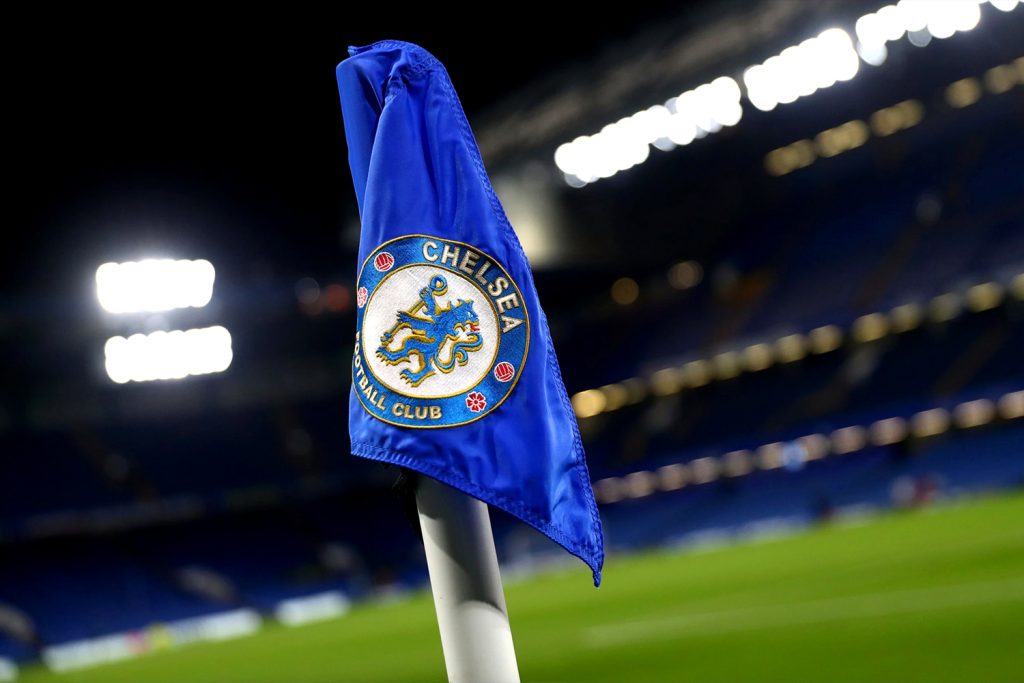
On Tuesday, both Chelsea and Union Berlin officially announced that 20-year-old David Datro Fofana had joined the German club on a season-long loan. Fofana’s departure marks the latest player to leave Chelsea this summer, following a brief stint at the club. The promising midfielder made just three appearances in the Premier League since his arrival from Norwegian team Molde FK in January, for a reported fee of around €12m ($13.1m). Union Berlin, who have secured qualification for next season’s Champions League, aims to provide Fofana with more opportunities to showcase his talents in the Bundesliga.
Oliver Ruhnert, the sporting director of Union Berlin, expressed his excitement about Fofana’s signing, emphasizing his speed and flexible offensive qualities. Ruhnert stated, “We want another goal-scoring player who will give our attacking game additional impetus.” Fofana represents Ruhnert’s second acquisition from an English club in three days, with United States midfielder Brenden Aaronson having joined on loan from Leeds United earlier.
David Datro Fofana’s Loan Move To Union Berlin: Limited Opportunities At Chelsea
Union Berlin’s promotion to the Bundesliga in 2019 marked a historic achievement for the club. Now, they are preparing for their first-ever participation in the Champions League, which will see them play their European matches at Olympiastadion, a stadium traditionally associated with city rivals Hertha Berlin. Hertha, unfortunately, suffered relegation from the Bundesliga last season, making way for Union Berlin’s inclusion in Europe’s elite club competition.
Meanwhile, Barcelona’s transfer market activity since receiving a staggering €222 million from Paris Saint-Germain for Neymar in 2017 has been subject to scrutiny. The Catalan club’s post-Neymar spending spree, which surpassed €300 million, brought in Philippe Coutinho, Antoine Griezmann, and Ousmane Dembele.
Barcelona’s Post-Neymar Signings: Mixed Results And Varied Impact
Barcelona’s subsequent signings have also raised eyebrows for various reasons. They spent €7 million on Matheus Fernandes, who later filed a lawsuit against the club. There were loan signings such as Kevin-Prince Boateng and Jeison Murillo, as well as the controversial transfer of Malcom from Roma, who was then offloaded the following summer. Dubious swap deals involving players like Neto, Jasper Cillessen, Arthur Melo, and Miralem Pjanic further added to the mixed bag of signings.
On the positive side, Barcelona managed to secure talents like Ronald Araujo and Pedri for relatively low transfer fees, and both players have emerged as key contributors to the first team. Additionally, the free transfer acquisition of Andreas Christensen last summer has proven valuable, and the signings of Frenkie de Jong and Robert Lewandowski have also been successful thus far.
Evaluating Barcelona’s post-Neymar signings becomes challenging due to the unique nature of each transfer. However, a list ranking their success attempts to bring some order to the analysis. The ranking criteria include the transfer fee paid, the net transfer fee or fee received, the player’s achievements and performances, and their longevity at the club. Ronald Araujo stands out as one of the notable signings, initially joining the B team before making significant contributions to the first team.
As we delve into the ranking, it is important to consider the diverse range of transfers and their respective impacts. From the least successful signings to the best piece of business, this assessment aims to provide some clarity regarding Barcelona’s post-Neymar transfer activity.





